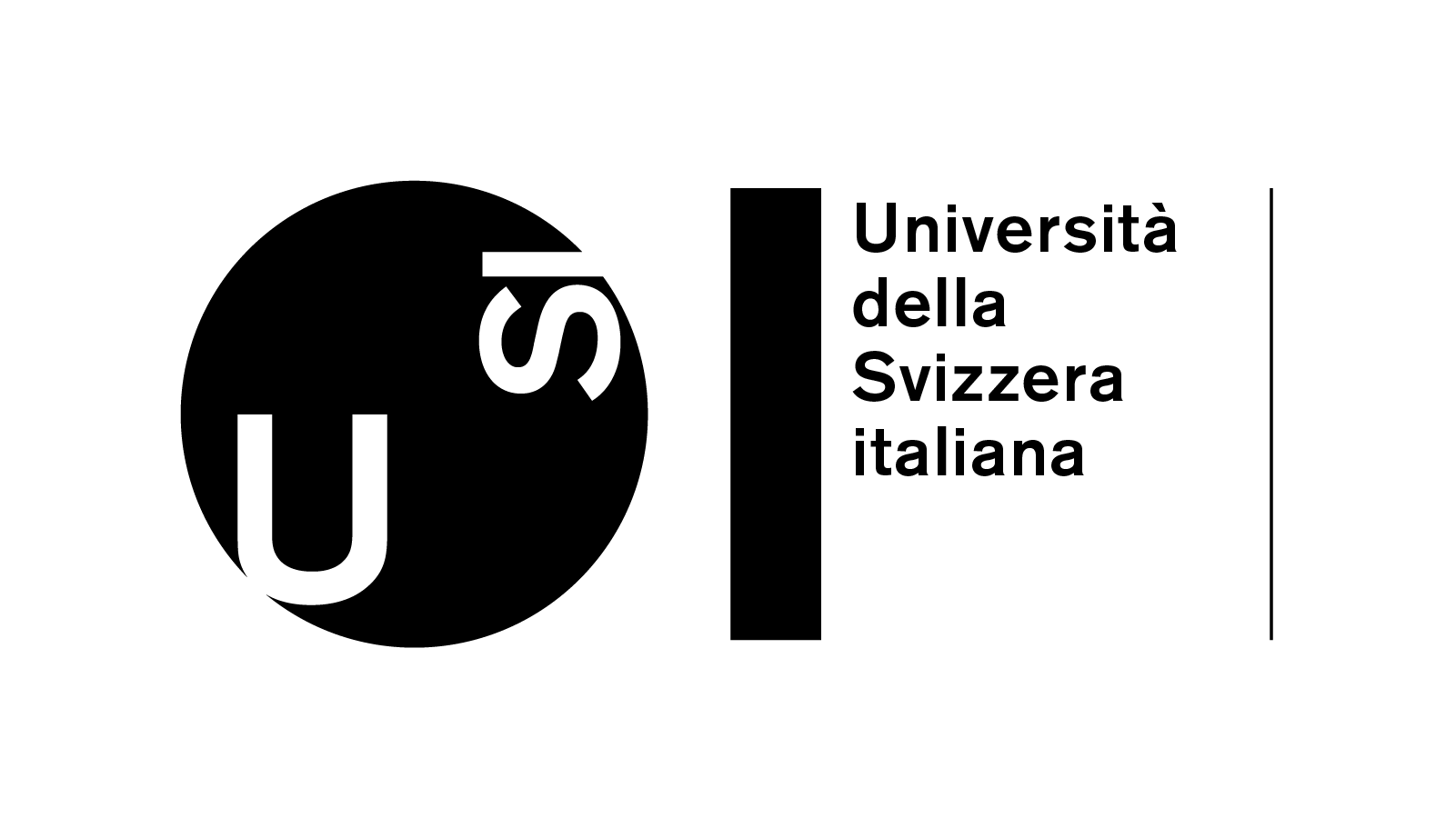The Swiss National Science Foundation (SNSF), within the framework of the “Sinergia” financing programme, has approved a cooperation project involving IRSOL, the Institute of Computational Sciences of Università della Svizzera italiana (USI), and the Instituto de Astrofisica de Canarias (IAC) in Tenerife (Spain).
The project, with title “HPC-techniques for 3D modeling of resonance line polarization with PRD”, aims at developing new numerical methods necessary for modeling the intensity and polarization of the solar radiation from three-dimensional (3D) models of the atmosphere of the Sun, taking partial frequency redistribution (PRD) phenomena into account.
The possibility to carry out such theoretical modeling represents a key step towards the development of new reliable diagnostic techniques for investigating the magnetism of the chromosphere and transition region. This problem is far from trivial, especially from the computational point of view, and indeed it requires merging competences in solar physics, in the theory of the generation and transfer of polarized radiation, and in computational sciences.
The project will allow us to offer a post-doctoral position of four years in each one of the institutes involved, plus a PhD position at the Università della Svizzera italiana (USI).
The contracts will start between the end of 2018 and the first months of 2019.
New entry in the data archive: Atlas of the Third Solar Spectrum and its Center to Limb Variation
The IRSOL data archive includes now a new entry: the Atlas of the Third Solar Spectrum and its Center to Limb Variation.
The spectroscopic data were obtained from an observing project at the IRSOL Gregory-Coudé telescope that lasted few years. The involved authors were M. Setzer, R. Ramelli, M. Engelhard, M.Bianda, F. Paglia, J.O. Stenflo, G. Küveler and R. Plewe.
The atlas of the Third Solar Spectrum (SS3) represents the ratio between the intensity spectrum at different distances from the solar limb and the intensity spectrum at disk center (µ = 1.0), both in units of the intensity of the local continuum level. The observing positions of the measurements cover 9 different µ values along the solar axis ranging from 0.1 to 0.9 in step of 0.1, where µ=cosθ is the cosinus of the heliocentric angle θ. The current version of the atlas covers the wavelength range from 4384Å to 6610Å.
The atlas can be found at the URL:
http://www.irsol.usi.ch/data-archive/clv-ss3/
IRSOL organizes the 2nd national SCOSTEP workshop
IRSOL is the local organizer of the SCOSTEP workshop that will be held on 10-11 October 2017.
The Scientific Committee on Solar Terrestrial Physics (SCOSTEP) is an international organization with the goal of strengthening and promoting international solar-terrestrial physics research. As of 2016 Switzerland is a member of SCOSTEP and a National Committee has been established with the goal of promoting and representing the solar-terrestrial community within Switzerland and internationally.
SCOPE OF THE WORKSHOP
The workshop aims at bringing together Swiss scientists with an interest in solar-terrestrial science. It encourages a lively exchange between scientists from all fields within solar-terrestrial physics to identify synergies, foster collaborations, and strengthen the community.
THE FORMAT OF THE MEETING
The workshop will consist of two invited talks plus contributed presentations (oral or poster). It will cover the following topics:
- Fundamental solar physics
- Solar variability in the past and future
- Sun-Earth relations in proxies, observations, and model simulations
- Future (space) missions/observations
Invited speakers:
- Astrid Veronig, University of Graz
- Hauke Schmidt, Max Plank Institute for Meteorology
WEB PAGE OF THE WORKSHOP:
For more info and to register please visit the workshop website:
200th birthday of Swiss astronomer Rudolf Wolf
The Swiss Astronomer Rudolf Wolf was born on 7 July 1816.He was the first director of the Swiss Federal Observatory in Zurich and he is well known for his studies about the solar cycle and the sunspot observations.
For more information see the nice article published by the ETH-library in Zurich:
Astronomy and solar research – Rudolf Wolf and his legacy
New IRSOL website layout
13 July 2016: Welcome to the new IRSOL webpages: the layout has been renovated.






